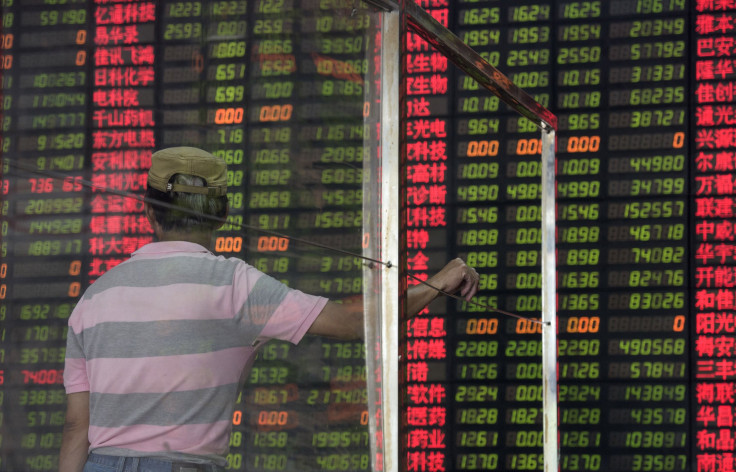China Stock Market Regulator Is Investigating Country’s Largest Stockbrokers For Irregularities Following Last Summer's Market Tumble

Citic Securities Co. Ltd. and Guosen Securities Co. Ltd., China’s first- and third-largest brokerage houses confirmed in separate letters to the Shanghai Stock Exchange that they are under investigation by the China Securities Regulatory Commission over possible violations of the country’s securities regulations. The probes are under way as the nation attempts to modernize its mainland financial markets and in the wake of the selloff that knocked 40 percent off the Shanghai Stock Exchange Composite Index last summer.
“The scope and depth of official crackdown on financial irregularities since the stock-market plunge in June has surpassed expectations,” Hao Hong, managing director at Bank of Communications Co., told the Wall Street Journal, which reported on the investigations Thursday. “The probe into China’s leading broker serves as a clear warning to market participants.”
Authorities previously detained several Citic Securities executives over allegations of insider trading, while the Securities Association of China said the company itself overstated some of its financial derivatives by more than 1 trillion yuan ($166 billion) in monthly reports from April to September.
Both Citic and Guosen have said they’re cooperating with officials.
China’s mainland equity markets tumbled this summer, leading to a series of interventions, including a crackdown on short sellers -- people who make money when stock prices fall -- and injections of hundreds of billions of dollars to prop up the market.
Emerging from this equity-market plunge has been the so-called national team of large state-owned financial firms that now own 6 percent of China’s mainland stocks, the Financial Times reported. Among the group is China Securities Finance Corp., which was the primary channel for government funds used to prop up the Shanghai and Shenzhen stock markets. The company owned shares in more than 700 firms by the end of September.
The government intervention in China’s mainland capital markets appears to have worked, at least for now: The Shanghai Stock Exchange Composite Index has risen more than 25 percent since mid-August.
© Copyright IBTimes 2025. All rights reserved.






















